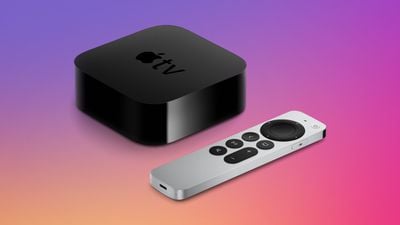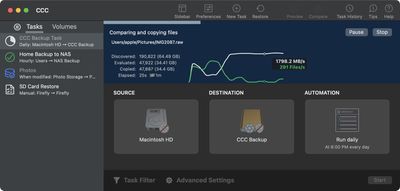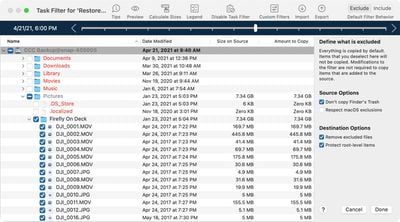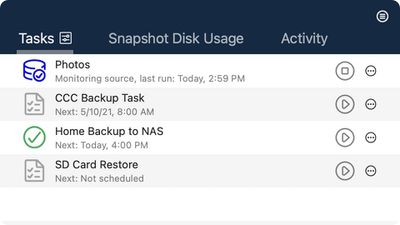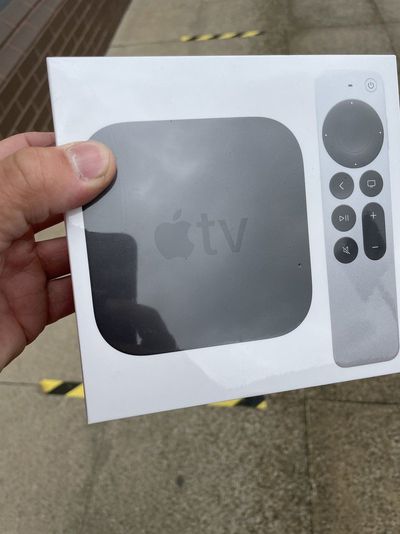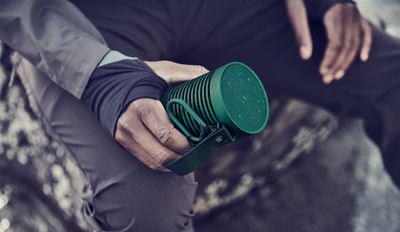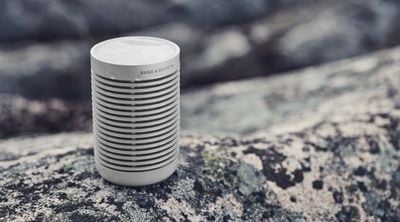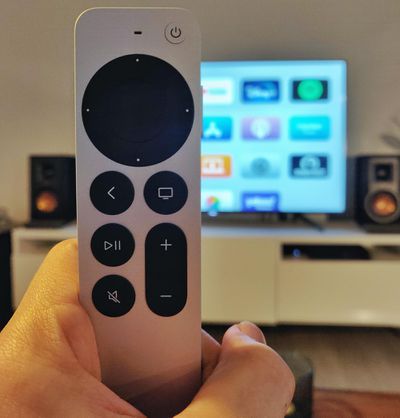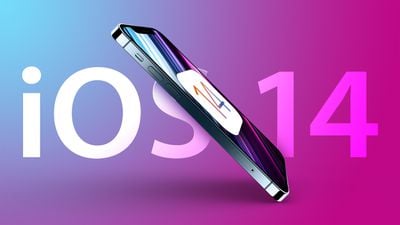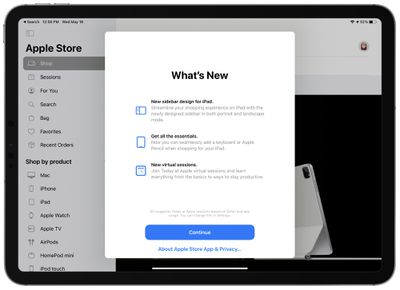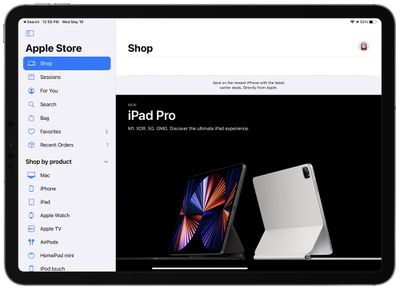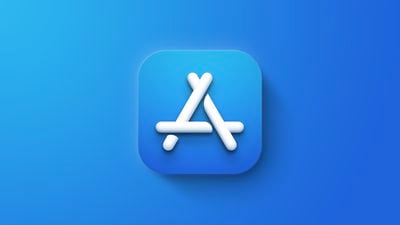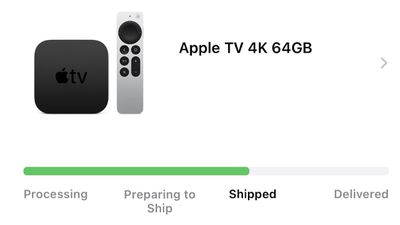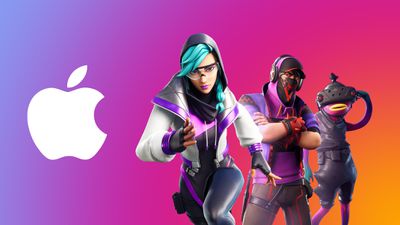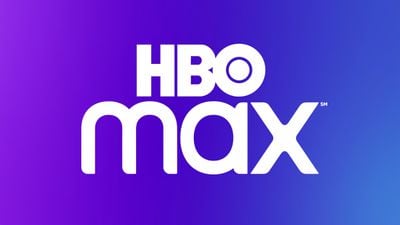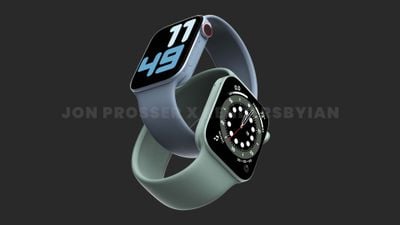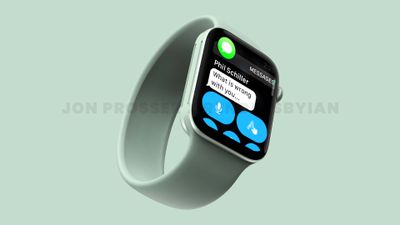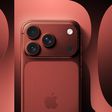Twitter today announced it will begin rolling out a new application process for account verification, allowing for qualifying individuals like government officials, journalists, athletes, and recognizable brands to apply for verified status.
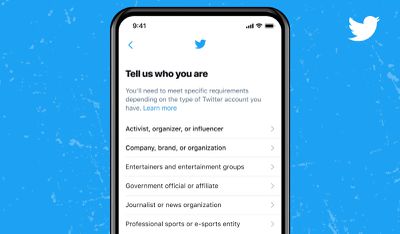
Verified accounts have a blue checkmark icon next to their Twitter name, helping people distinguish the authenticity of accounts that are of public interest.
Twitter outlined the criteria for verified accounts in a blog post:
To qualify for verification, you must fit the criteria of one of the six categories listed below:
- Government
- Companies, brands and organizations
- News organizations and journalists
- Entertainment
- Sports and gaming
- Activists, organizers, and other influential individualsIn addition to the category-specific eligibility criteria outlined in our verification policy, your account must be complete, meaning you have a profile name, a profile image and either a confirmed email address or phone number. Your account must also be active within the last six months and have a record of adherence to the Twitter Rules.
Over the next few weeks, all Twitter users will start to see the new verification application form directly in the Account Settings tab. Twitter will be gradually rolling out access to ensure that applications can be reviewed in a timely manner.
Once you submit your application, you can expect an emailed response from Twitter within a few days, but this could take up to a few weeks depending on how many applications are received, according to the company. If your application is approved, you'll see the blue badge automatically on your Twitter profile. For users who feel they were wrongly denied verified status, there is an option to re-apply 30 days later.
Twitter plans to introduce more eligible verified categories later this year, such as those for scientists, academics, and religious leaders. Twitter is also researching automated accounts and plans to introduce a way to denote this account type in the next few months, with memorialized accounts to follow at some point later.
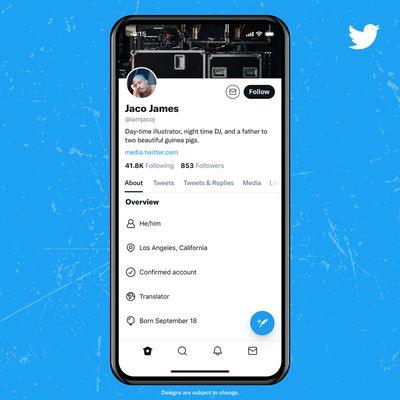
Twitter also previewed a new "About" tab coming to profiles that will allow users to share more details about themselves, including their personal pronouns, location, interests, and more, according to TechCrunch. The tab will also indicate whether the account has been "confirmed" with a verified email address or phone number.


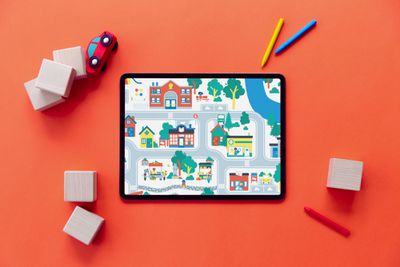
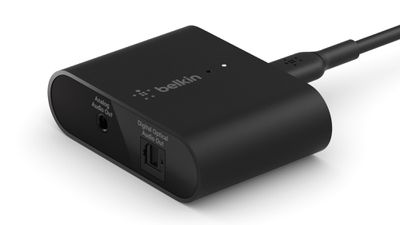
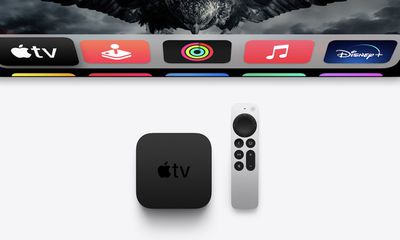
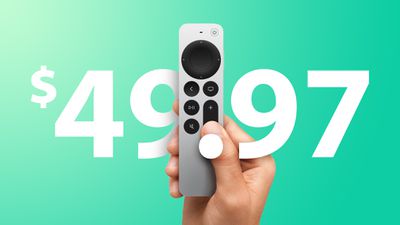 Note: MacRumors is an affiliate partner with Verizon. When you click a link and make a purchase, we may receive a small payment, which helps us keep the site running.
Note: MacRumors is an affiliate partner with Verizon. When you click a link and make a purchase, we may receive a small payment, which helps us keep the site running.